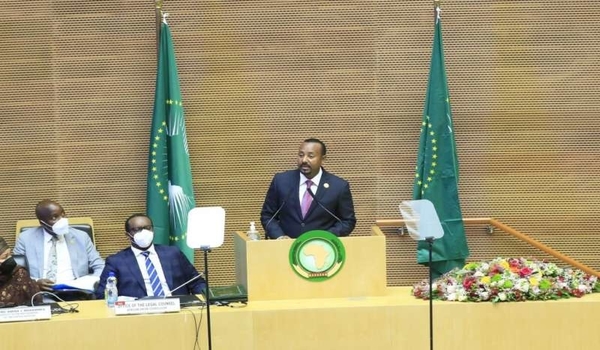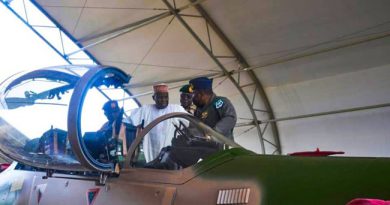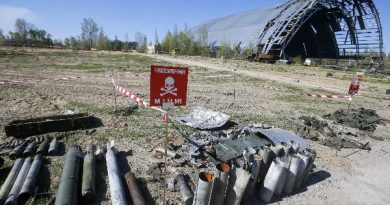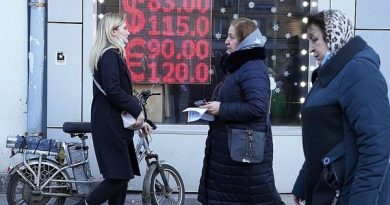AU demand permanent seats on UN Security Council
Prime Minister Abiy Ahmed of Ethiopia has called for Africa to be given a bigger role in the UN, especially on the Security Council where peace and security matters are handled.
In his welcoming remarks at the 35th ordinary Session of the African Union (AU) Assembly, Ahmed said Africa was underrepresented in various ways.
“Africa’s voice on the world stage needs to be heard loud and clear,” he added, saying “Africa must also be represented on important international bodies. Today, more than seven decades after the creation of the United Nations, Africa remains a junior partner without meaningful input or role in the system of international governance”.
“This is particularly true of the United Nations where Africa lacks representation on the Security Council and is underrepresented in various ways.”
Ahmed called for a timely review of what the UN stood for in the contemporary world, taking into consideration global realities.
As such, it was time for Africa to get at least two permanent seats and five non-permanent ones at the Security Council table, he said.
In 2005, AU member states agreed on the Ezulwini Consensus, a position calling for a reform of the UN.
Currently, Africa has two to three non-permanent seats on the Security Council. Last year, Kenya, Tunisia, and Niger held the seats.
As of January this year, Gabon and Ghana replaced Tunisia and Niger, while Kenya remains on the council.
While Africa called for a bigger role, UN Secretary-General António Guterres, in his address, reassured his commitment to working with Africans in promoting dignity, equality, peace, and justice.
“Let us keep working together, in common purpose with and for the people of Africa, and let us bring to life the words, of the late Archbishop Desmond Tutu, ‘My humanity is bound up in yours, for we can only be human together.
“As you begin your summit please know that the UN is proud to walk with you in the struggle for fairness and dignity for peace and justice for all,” he said.
The two-day AU Summit that began on Saturday will look into democracy, human rights, climate change, food security, and the Covid-19 pandemic.




